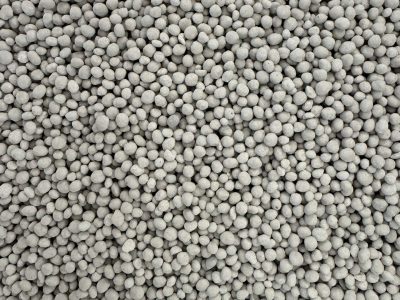$1,200.00/t
DDCrop is a compound fertiliser containing equal amounts of nutrient in every granule. DDCrop granules are uniform in size and dust free making them well suited for application through precision planters on higher value crops.

DDCrop is well suited to be used as a starter fertiliser on higher value crops that have a requirement for nitrogen, phosphorus, potassium and sulphur. As a compound fertiliser DDCrop is suitable for use through precision planters. DDCrop contains nutrients in the following forms:
Autumn, Spring
Copyright 2024 Dickie Direct | Terms and Conditions | Website by MRD Web